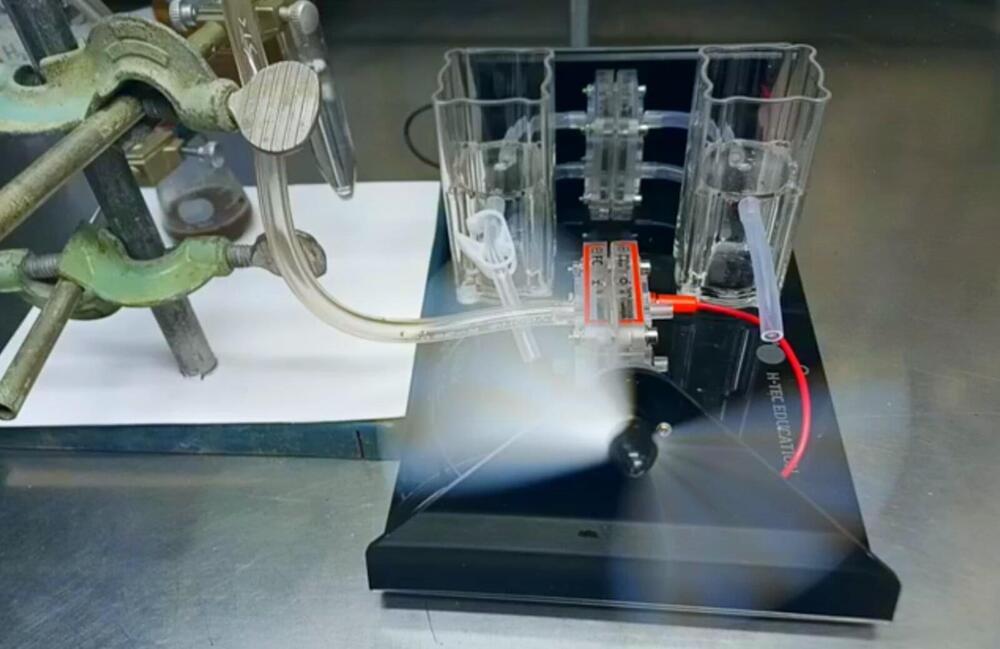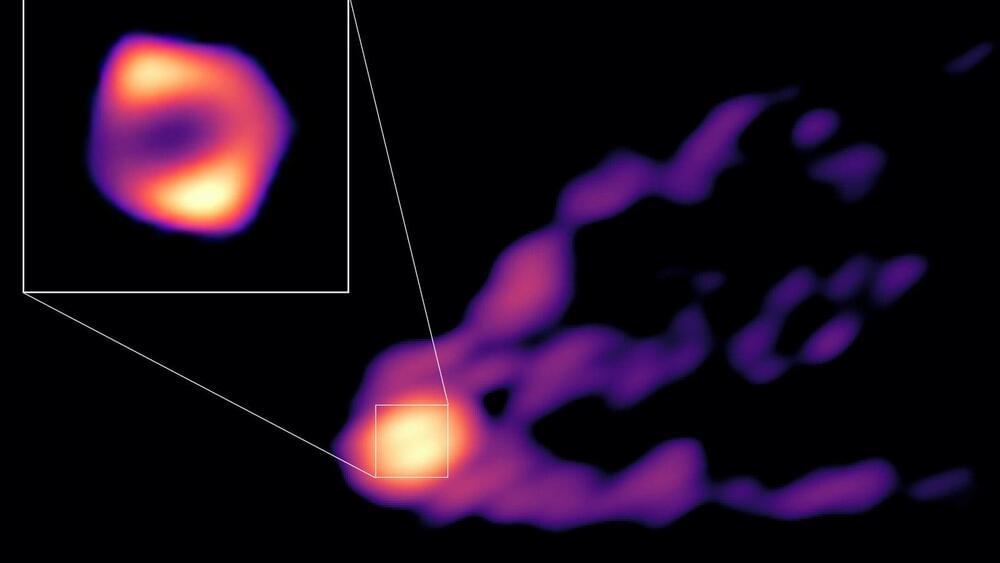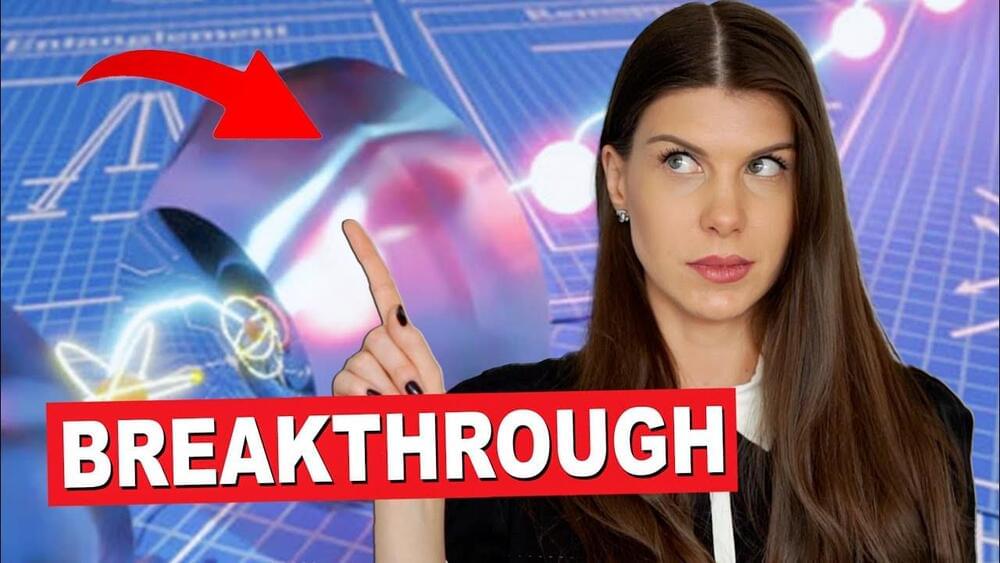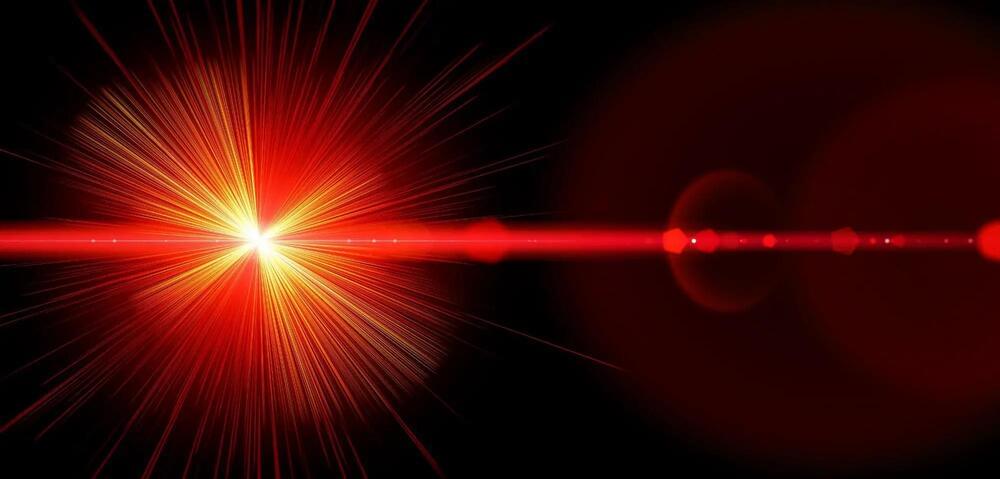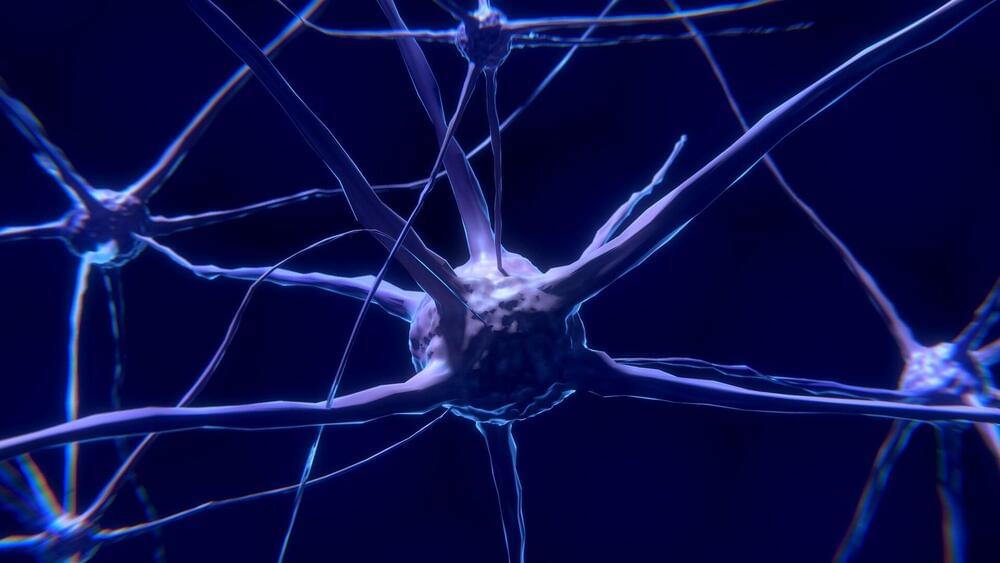
Researchers at Baylor College of Medicine have unraveled the processes that give astrocytes, the most abundant glial cell in the brain, their special bushy shape, which is fundamental for brain function. They report in the journal Nature that neuronal activity is necessary and sufficient for astrocytes to develop their complex shape, and interrupting this developmental process results in disrupted brain function.
“Astrocytes play diverse roles that are vital for proper brain function,” said first author Yi-Ting Cheng, a graduate student in Dr. Benjamin Deneen’s lab at Baylor. “For instance, they support the activity of other essential brain cells, neurons; participate in the formation and function of synapses, or neuron-to-neuron connections; release neurotransmitters, chemicals that mediate neuronal communication; and make the blood-brain barrier.”
In the adult brain, the bushy shape of astrocytes is fundamentally linked to effective brain function. The ends of the branched-out astrocyte structure interact with neurons and regulate synaptic activity.

